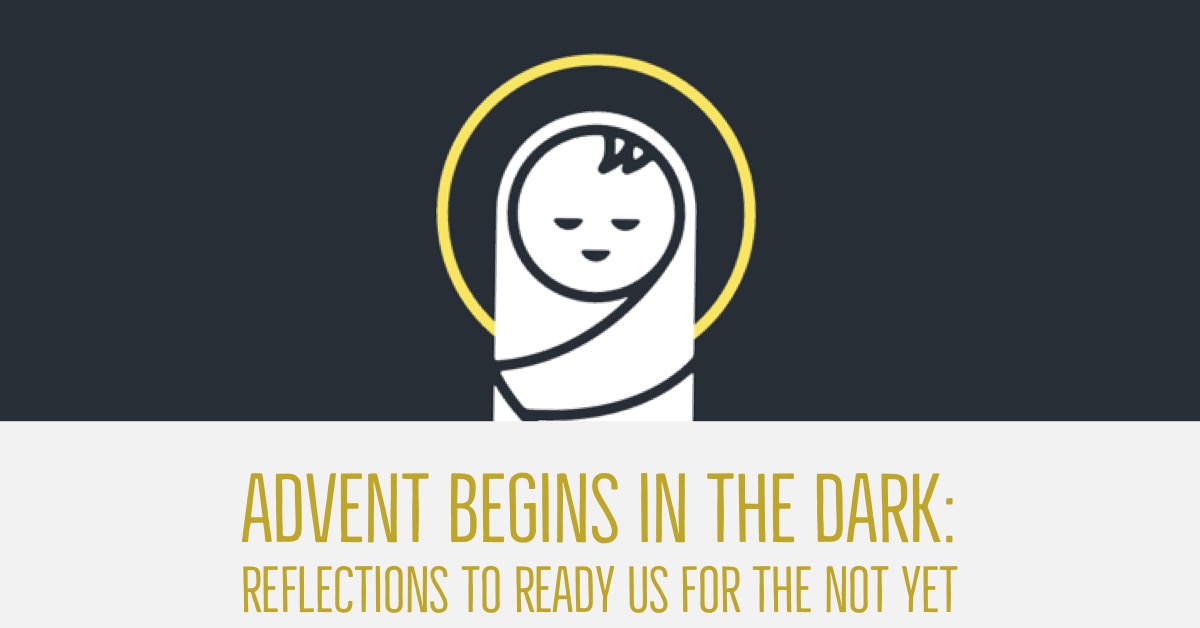
Elisabteth Elliot was a well known twentieth century Christian author and speaker. Her first husband, Jim Elliot, was killed in 1956 while attempting to make missionary contact with the Auca, a people group residing in eastern Equador. She used to tell a story about something she saw when visiting friends at their Welsh sheep farm.
Her friends were aware of how vulnerable sheep are to parasites. If left untreated the parasites can kill the sheep. So one a year the shepherd would take the sheep one by one and fully submerge them in a vat of antiseptic that would kill the parasites. The sheep were terrified by the experience. The shepherd, normally their caregiver, seemed to be drowning the. In order to care for the sheep the shepherd chose to do for each sheep what hat to be done.
Isaiah 10:20 speaks of a time when a remnant of Israel will not lean on Assyria, but on the Lord. The worst form of slavery is the kind that results in the slave loving their chains. It seems that was Israel’s state. They leaned on their oppressor and not on the Lord.
John the Baptist’s first words in Luke are arresting ones: You brood of vipers! Who warned you to flee from the wrath to come?” Probably not the ones you want to hear during the Call to Worship on a Sunday morning. And these aren’t words reserved for the religious elites whose hypocrisy is so often pointed out by Jesus. It’s how John addresses the penitent masses coming out to see him in the wilderness.
The tempter in the Garden took the form of a serpent, and often time those mired in sin in Scripture are called children of the Serpent. The Serpent didn’t ask the first humans to engage in all manner of evil and mayhem. He just encouraged them to doubt that God had their best intentions in mind. He asked them to consider leaning elsewhere than the Lord, instead on their own insight and intuition. This simple decision to lean on their own understanding turned to loving presence of God into something that filled them with fear. “They heard and they hid.” One of the most tragic phrases in the Bible.
To the children of the serpent the Coming of the Lord feels like wrath to come. But there is hope. The brood of vipers is doing exactly the right thing. Not even leaning on their own Judaism, they are baptized, something a Gentile proselyte would have to do in order to convert. They begin again at the beginning, throwing themselves at the mercy of the court. John also makes it clear that why they did it is a mystery. “Who warned you to flee from the wrath to come?” Their urge to seek out his baptism in the wilderness was a gift of grace, not a product of their ingenuity or anyone else’s. And in leaning into that grace, they lean on the Lord and his presence begins to illicit faith rather than fear.
Elisabeth Elliot describes her own sympathy for the terrified sheep being baptized in antiseptic:
“I’ve had some experiences in my life which have made me feel very sympathetic to those poor sheep. There are times I couldn’t figure out any reason for the treatment I was getting from my great shepherd whom I trusted. And like these sheep, I didn’t have a hint of an explanation.…There will be no intellectual satisfaction on this side of heaven to that age old question, “Why?” But although I have not found intellectual satisfaction, I have found peace. And the answer I say to you is not an explanation but a person; Jesus Christ, my Lord and my God.…It’s He who was the Word before the foundation of the world, suffering as a lamb slain, and He has a lot up His sleeve that you and I haven’t the slightest idea about now. He’s told us enough so that we know that suffering is not for nothing.”
Advent does always come in the dark. Why we find ourselves in exile and paradoxically come to love the sin that is the source of our pain is an eternal mystery. The Gospel is not a philosophical answer to the problem of evil. It’s God come in the midst of it to bring healing and hope. It’s the offer to lean on the one whose yoke is easy and whose burden is light.
After Jesus receives John’s baptism he goes to the wilderness and meets the tempter. But he says No in the desert to everything Adam and Eve said Yes to in the Garden. He emerged from the wilderness leaning on the Lord as the New Israel and the Second Adam. He makes children of the serpent into the sheep of his flock.
There’s a wonderful hymn by William Cowper titled “Love Constrains To Obedience.” The chorus goes like this:
To see the Law by Christ fulfilled,
To hear His pardoning voice,
Changes a slave into a child
And duty into choice.
And so it does.
